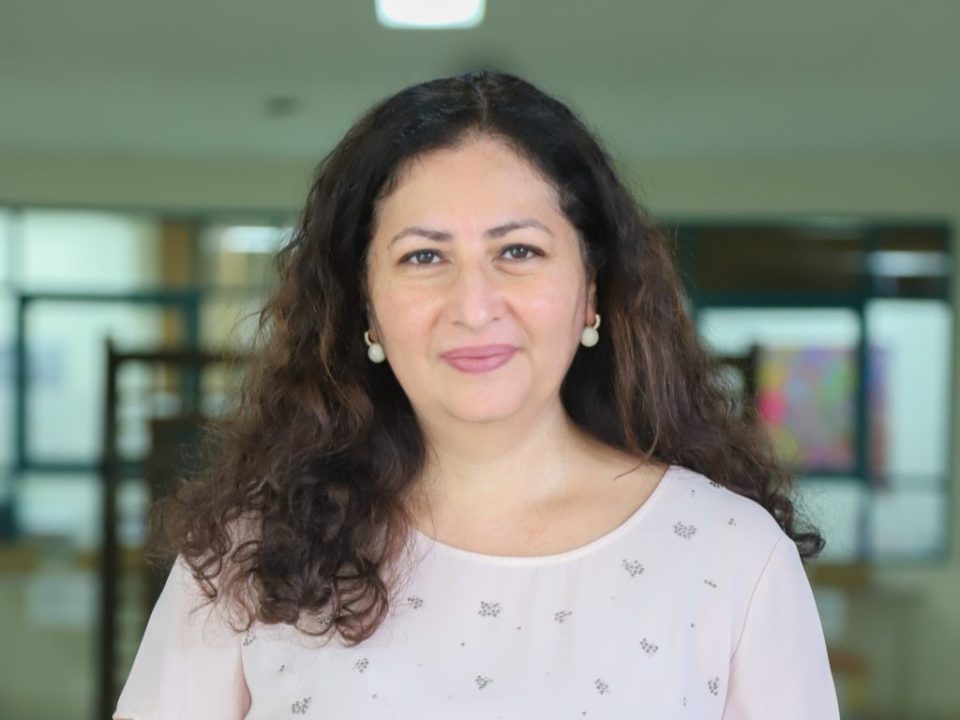It is true that one of the challenges of education today is preparing students for jobs that do not yet exist.
The pace of technological change and the rapidly evolving global economy have led to an increasing need for students to be equipped with the skills and knowledge necessary to succeed in an unpredictable and rapidly changing world. One way schools are addressing this challenge is by placing a greater emphasis on skills such as problem-solving, critical thinking, creativity, and collaboration. These skills are considered “future-proof” because they will be valuable in any field and can be applied to many different types of jobs.
Investing in a PYP (Primary Years Programme) education during the foundation years of a student’s education can have a significant impact on their future success. Global Jaya School, as an IB World School, offers the PYP programme, which provides students with a well-rounded education that focuses on the acquisition of self-management skills, social skills, critical thinking skills, communication skills, research skills, and the development of the whole child as an inquirer both in school and outside school life. This approach helps students to develop problem-solving skills, creativity, and a love of learning. This also prepares students for success in the 21st century and beyond.
One of the key benefits of PYP education at Global Jaya School is the conceptual inquiry-based approach. The play-based aspect of the curriculum allows young learners to explore their surroundings and tap into their innate curiosity. Students as young as four years old are encouraged to ask questions, explore topics, gather and analyse information and make connections in a way that makes sense to them and continuously reflect on their learning journey. When students are engaged, eager, and excited about learning, they are more likely to retain information and perform better academically.
The student-led assemblies at Global Jaya School are just one such example. Using a combination of various skills, our year-level students take turns and excitedly share their learning with the entire Primary School every month. The assemblies allow students to showcase their learning for both the students and the school community. It allows students to take ownership of their learning, develop leadership and public speaking skills, and reflect on their learning. It also allows the school community to gain a better understanding of the school’s curriculum and to build a positive school culture.
The end-of-the-unit celebrations offer students the opportunity to practice their research and presenting skills. During the celebration, students proudly present their learning in a way that they feel comfortable and share what they have learned with their classmates and teachers. This allows them to reflect on their progress and see the connections between different aspects of their learning and build motivation and self-esteem.
The PYP exhibition in Year Six is a well-deserved celebration and display of how students use their skills to communicate their understanding of the world. It provides an opportunity for reflection and showcase of learning, promotes a sense of accomplishment and pride, fosters a positive classroom community, allows students to apply their learning in a real-world context, and gives students an opportunity to share their learning with parents and families. The teachers at Global Jaya School are highly trained in the PYP programme and are able to guide students through the inquiry process to help them develop their skills.
Another benefit of PYP education at Global Jaya School is its emphasis on international-mindedness. The school promotes understanding and respect for different cultures, and students learn about the world and their place in it. Students are encouraged to take action, engage with the local community, and participate in service projects, which helps students to develop a sense of global citizenship, which is increasingly important in today’s interconnected world.
The development of the whole child is another important factor. The school offers a wide range of extracurricular activities, such as sports, music, and art. This helps students to develop their physical, emotional, and social skills, which are essential for success in life.
Lastly, PYP education at Global Jaya School is well-recognised and respected by other schools. There is a natural progression of skills for students when they complete the PYP programme and move on to MYP. While the PYP focuses on the development of the whole child and emphasises inquiry-based learning, the MYP focuses on developing the knowledge, skills, and attitudes necessary for success in the IB Diploma Programme (DP) and in life beyond the classroom. This prepares students for the challenges they will face in the future, both academically and in the workforce.
Graduates of IB schools are well-prepared for future education and are often sought after by universities and employers, both national and international. The Global Jaya School’s reputation for providing high-quality education, along with the IB Diploma Programme, which is highly recognised by universities around the world, will help students in the long run.




